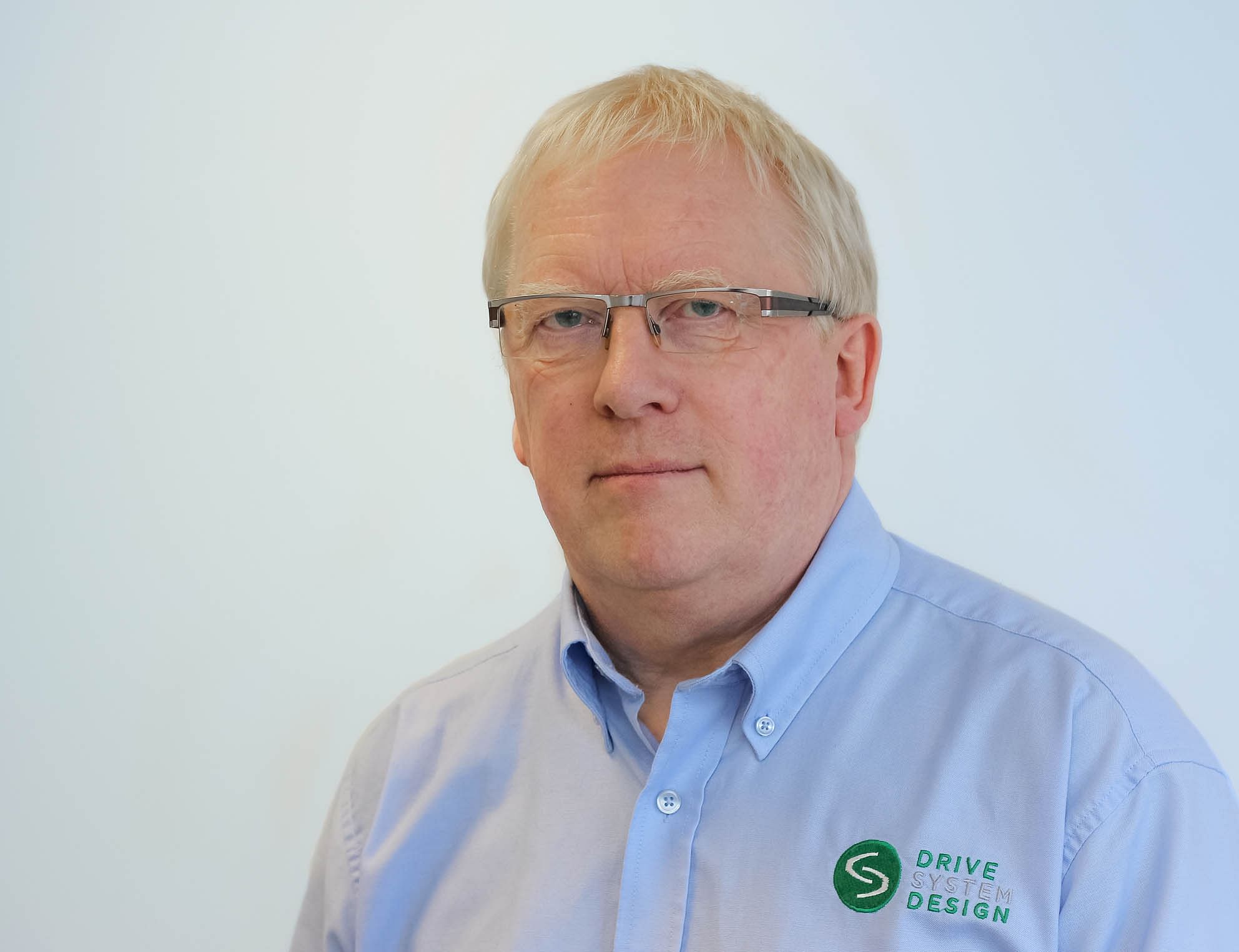UK’s DSD targets Indian automakers with AMT technology
UK automotive engineering consultancy, Drive System Design (DSD) aims to promote greater independence for vehicle manufacturers in India through access to the latest transmission technology
UK automotive engineering consultancy, Drive System Design (DSD) aims to promote greater independence for vehicle manufacturers in India through access to the latest transmission technology when it exhibits at the 2015 Symposium on International Automotive Technology (SIAT) in Pune, India (January 21-24). DSD, which is an award-winning engineering consultancy specialising in the design, development and control of transmission and future driveline systems, is attending the symposium as part of the SMMT’s UK Pavilion Group.
To meet the growing demand for AMTs (Automated Manual Transmission) and compete more effectively with imported products, local manufacturers will have access to DSD’s technical knowhow regarding both transmission and control system design.

“Faced with growing demand for AMTs in both the passenger car and commercial vehicle markets, many Indian vehicle makers find themselves locked into the compromises of using proprietary components and ‘black box’ control systems, over which they have no intellectual property rights,” said DSD’s chief engineer, Mike Savage (pictured above). “We are providing a means for them to develop their own expertise in AMTs and control systems, allowing them greater commercial independence, technical autonomy and solutions that are optimised for their specific applications.”
The demand for AMTs is fuelled by a combination of factors. For passenger car applications, the convenience of automatic shifting makes driving less tiresome in crowded urban conditions, but the high cost of fuel deters buyers from choosing a conventional torque converter automatic. When applied to heavy trucks and buses, AMTs are proven to save fuel and reduce whole life vehicle costs. They also help extend transmission and driveline longevity by protecting against damage from abuse through careless or untrained manual operation.
Mike Savage works closely with a number of Indian OEMs and is witnessing the market changes first-hand. “Many local manufacturers have held back until now, uncertain whether the sales volumes were sufficient to justify the necessary investment, but we appear to have reached a tipping point in demand, with AMT versions of new vehicles being announced every few weeks,” he said. Mayank Pareek, the president of passenger vehicle business unit, Tata Motors, was recently quoted as predicting that every second car in India will have an AMT within 10 years.
RELATED ARTICLES
Bajaj Auto launches new Chetak 3503 at Rs 110,000
The Chetak 3503, with a claimed range of 155km, 63kph top speed and a slower charging time than its 35 Series siblings, ...
Hyundai walks the eco talk with biogas plant, material recovery plant in Gurugram
Operational since October 2022, the facility targets sustainable waste management in Gurugram by undertaking scientific ...
Rajiv Bajaj reappointed MD and CEO of Bajaj Auto for five-year term
Bajaj Auto’s Board of Directors has approved the re-appointment of Rajiv Bajaj as the company’s MD and CEO for another f...






 By Autocar Professional Bureau
By Autocar Professional Bureau
 14 Jan 2015
14 Jan 2015
 3892 Views
3892 Views









